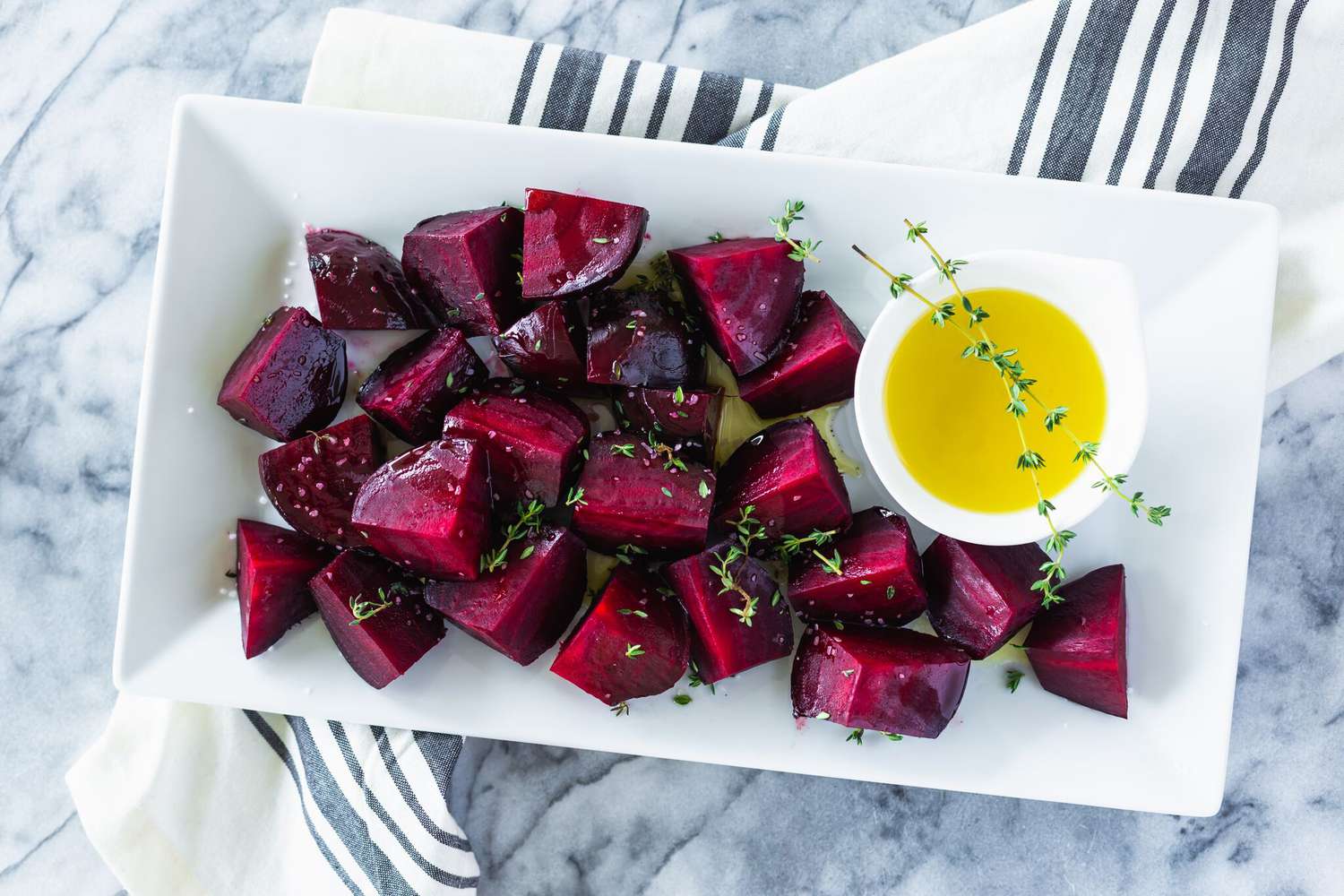

Articles
How To Store Cooked Beets
Modified: May 6, 2024
Learn the best way to store cooked beets and keep them fresh for longer. Our articles provide step-by-step instructions and tips for proper storage of cooked beets.
(Many of the links in this article redirect to a specific reviewed product. Your purchase of these products through affiliate links helps to generate commission for Storables.com, at no extra cost. Learn more)
Introduction
Cooked beets are a delicious and nutritious vegetable that can be enjoyed in a variety of dishes. Whether you’ve made a large batch of roasted beets or have leftovers from a meal, knowing how to properly store cooked beets is key to maintaining their freshness and flavor.
Storing cooked beets correctly not only ensures their longevity but also allows you to conveniently incorporate them into future recipes. Whether you plan on using them for salads, side dishes, or adding them to soups and stews, having properly stored cooked beets on hand can save you time and effort in the kitchen.
In this article, we will explore the benefits of storing cooked beets, as well as provide different methods for storing them to maintain their quality. So let’s dive in and discover how to store cooked beets to keep them fresh and ready for your next culinary creation.
Key Takeaways:
- Store cooked beets in the refrigerator, freezer, or by pickling to extend their shelf life, save time in the kitchen, and enjoy their nutritional benefits in a variety of dishes.
- Label, date, and use proper containers when storing cooked beets to maintain their freshness, flavor, and texture. Follow tips for handling, monitoring temperature, and thawing to make the most of this versatile vegetable.
Read more: How To Store Beet Greens
Benefits of Storing Cooked Beets
Storing cooked beets offers several advantages, making it a worthwhile practice for any beet lover. Here are some of the benefits:
- Extended Shelf Life: Cooked beets have a relatively short shelf life, lasting only a few days in the refrigerator. However, by storing them properly, you can extend their freshness for up to a week or even longer.
- Convenience: Having pre-cooked beets readily available in your refrigerator or freezer makes meal preparation quick and convenient. You can easily add them to salads, sandwiches, or soups, saving you time and effort in the kitchen.
- Budget-Friendly: Buying beets in bulk when they are in season or on sale allows you to save money. Properly storing cooked beets ensures that you can enjoy them throughout the year without worrying about spoilage.
- Nutritional Value: Beets are packed with important nutrients, including folate, manganese, and vitamin C. Storing cooked beets properly helps retain their nutritional content, ensuring that you reap the maximum health benefits when consuming them.
- Versatility: Cooked beets can be used in a variety of dishes, both cold and hot. By storing them properly, you have the flexibility to incorporate them into salads, stews, roasted vegetable medleys, or even purees and soups.
With these benefits in mind, it’s clear that knowing how to store cooked beets is essential for both practical and culinary reasons. Now let’s explore different methods for storing cooked beets to ensure their freshness and quality.
How to Properly Store Cooked Beets
Properly storing cooked beets is vital to maintaining their freshness, taste, and texture. Here are three effective methods for storing cooked beets:
Method 1: Refrigerating Cooked Beets
Refrigeration is one of the simplest and most common ways to store cooked beets:
- Start by allowing the cooked beets to cool completely. Place them in an airtight container or wrap them tightly in plastic wrap.
- Label the container with the date to keep track of freshness.
- Store the container in the refrigerator at a temperature between 35°F and 40°F (1.6°C to 4.4°C).
- Refrigerated cooked beets can typically stay fresh for up to five to seven days.
Method 2: Freezing Cooked Beets
Freezing cooked beets is an excellent option if you want to store them for a longer period:
- After the cooked beets have cooled, cut them into desired shapes or sizes.
- Place the beets in a single layer on a baking sheet lined with parchment paper. This prevents them from sticking together during freezing.
- Place the baking sheet in the freezer and let the beets freeze for about two hours or until they are firm.
- Transfer the frozen beets into airtight freezer-safe containers or freezer bags. Make sure to remove any excess air from the bags before sealing them.
- Label the containers or bags with the date and store them in the freezer.
- Frozen beets can last up to eight to twelve months, maintaining their flavor and texture.
Read more: How To Cook Beets On Stove Top
Method 3: Pickling Cooked Beets
Pickling cooked beets not only extends their shelf life but also imparts tangy and savory flavors. Here’s how to do it:
- Prepare a pickling solution by combining vinegar, water, sugar, salt, and your choice of spices.
- Peel and slice the cooked beets into desired shapes or sizes.
- Place the sliced beets in sterilized jars, leaving a bit of space at the top.
- Pour the pickling solution over the beets, ensuring they are fully submerged.
- Seal the jars tightly and refrigerate them for at least 24 hours before consuming. The longer the beets sit in the pickling solution, the more flavorful they become.
- Pickled beets can be stored in the refrigerator for up to several weeks.
These three methods provide different options for storing cooked beets based on your preferences and intended use. Now, let’s explore some tips for maintaining the freshness of your cooked beets.
Method 1: Refrigerating Cooked Beets
Refrigeration is a simple yet effective method for storing cooked beets. Follow these steps to refrigerate your cooked beets:
- Allow the cooked beets to cool completely before storing them. This helps prevent condensation and maintains their texture.
- Once the beets have cooled, transfer them to an airtight container or wrap them tightly in plastic wrap. This helps to retain moisture and prevents any odors from seeping in.
- If using an airtight container, make sure it is suitable for refrigeration. Glass or BPA-free plastic containers work well.
- Label the container with the date to keep track of their freshness. Cooked beets can typically be stored in the refrigerator for up to five to seven days.
- Store the container in the refrigerator at a temperature between 35°F and 40°F (1.6°C to 4.4°C). This temperature range provides an optimal environment for maintaining the quality of the beets.
- Avoid placing the container near the back of the refrigerator where temperatures can fluctuate. Instead, place it on a middle shelf where the temperature remains more consistent.
When you’re ready to use the refrigerated cooked beets, simply remove them from the refrigerator and incorporate them into your desired dishes. Whether you want to add them to salads, soups, or enjoy them as a side dish, they will be ready to go!
Refrigerating cooked beets is a convenient method as it allows you to keep them on hand for quick and easy meal preparation. Plus, it helps to maintain their vibrant color and fresh flavor. Remember to consume refrigerated cooked beets within the recommended storage time to ensure optimal taste and quality.
Now that you know how to store cooked beets using the refrigeration method, let’s explore another option – freezing cooked beets.
Method 2: Freezing Cooked Beets
Freezing cooked beets is an excellent method for long-term storage, allowing you to preserve their texture and flavor. Follow these steps to freeze your cooked beets:
- Start by allowing the cooked beets to cool completely. This helps to maintain their texture and prevents ice crystals from forming during freezing.
- Cut the cooked beets into desired shapes or sizes. You can slice them, dice them, or leave them whole, depending on your preference.
- Line a baking sheet with parchment paper and place the cut beets in a single layer on the sheet. This prevents them from sticking together during freezing.
- Put the baking sheet with the beets in the freezer and let them freeze for about two hours or until they are firm. Freezing them in a single layer before packaging helps to maintain their individual pieces and prevent clumping.
- Transfer the frozen beets into an airtight container or freezer-safe bag. Squeeze out any excess air from the bag before sealing it tightly. Label the container or bag with the date for easy reference.
- Store the frozen beets in the freezer at a temperature of 0°F (-18°C) or lower. This temperature ensures the longevity of the beets and helps to preserve their quality.
- Frozen cooked beets can last up to eight to twelve months in the freezer without significant loss of flavor or texture.
When you’re ready to use the frozen cooked beets, simply remove the desired amount from the freezer. You can defrost them in the refrigerator overnight or thaw them in the microwave if you need them quickly. Thawed beets can be used in salads, soups, or any other recipe that calls for cooked beets.
Freezing cooked beets not only extends their shelf life but also provides you with the convenience of having them readily available for future use. It’s a great way to preserve the goodness of beets and enjoy them throughout the year.
Now that you know how to freeze cooked beets, let’s explore another method for preserving them – pickling!
Method 3: Pickling Cooked Beets
Pickling cooked beets is a delicious way to store them while adding a tangy and savory flavor. Here’s how you can pickle your cooked beets:
- Prepare a pickling solution by combining equal parts vinegar and water in a saucepan. Add sugar, salt, and your choice of spices, such as black peppercorns, cloves, or bay leaves, to enhance the flavor.
- Bring the pickling solution to a boil, stirring until the sugar and salt are dissolved. Let the solution simmer for a few minutes to allow the flavors to meld together.
- While the pickling solution is simmering, peel the cooked beets and slice them into desired shapes or sizes. You can cut them into rounds, wedges, or julienne strips.
- Place the sliced beets in sterilized jars, leaving a bit of space at the top. This space will allow room for the pickling solution to cover the beets fully.
- Pour the hot pickling solution into the jars, ensuring that the beets are fully submerged. Use a spoon or a clean utensil to remove any air bubbles trapped in the jars.
- Seal the jars tightly with canning lids or use airtight lids designed for pickling. This will create a vacuum seal and prevent any air from entering the jars. Wipe the jars clean to remove any spillage or residue.
- Let the jars cool at room temperature for a few hours before transferring them to the refrigerator. This allows the pickling solution to penetrate the beets and infuse them with flavor.
- Refrigerate the pickled beets for at least 24 hours before consuming. This resting period allows the flavors to develop and the beets to pickle properly.
- Pickled beets can be stored in the refrigerator for several weeks. The longer they sit in the pickling solution, the more flavorful they become.
Pickled beets are incredibly versatile and can be enjoyed on their own as a tangy side dish or added to sandwiches, salads, or antipasto platters. They bring a delightful burst of flavor to any meal and can be a pantry staple in your kitchen.
Now that you know how to pickle your cooked beets, you have another fabulous option for storing and enjoying this vibrant vegetable. Let’s wrap up with some tips on maintaining the freshness of your cooked beets.
Store cooked beets in an airtight container in the refrigerator for up to 5 days. You can also freeze them for longer storage, just make sure to use a freezer-safe container.
Read more: How To Store Red Beets
Tips for Maintaining Freshness
To ensure the freshness and quality of your stored cooked beets, follow these tips:
- Properly store: Whether you choose to refrigerate, freeze, or pickle your cooked beets, make sure to follow the specific storage method carefully. This will help retain their texture, flavor, and nutritional value.
- Label and date: Always label your containers or bags with the date of storage. This helps you keep track of the freshness of your cooked beets and ensure that you use them within the recommended time frame.
- Use proper containers: When storing cooked beets in the refrigerator or freezer, opt for airtight and freezer-safe containers. This prevents air and moisture from seeping in, maintaining the quality of the beets.
- Remove excess air: If using freezer bags to store cooked beets, squeeze out as much air as possible before sealing the bags. This reduces the risk of freezer burn and helps preserve the freshness of the beets.
- Monitor temperature: Keep an eye on the temperature of your refrigerator or freezer. Ensure that your refrigerator is set between 35°F and 40°F (1.6°C to 4.4°C), and your freezer is at or below 0°F (-18°C).
- Rotate periodically: If you have multiple containers of cooked beets stored in the refrigerator or freezer, rotate them periodically. This ensures that older batches are used first, minimizing any potential waste.
- Handle with clean hands: When removing your cooked beets from storage, always use clean hands or utensils to prevent contamination. Wash your hands before handling the beets to maintain their hygiene and quality.
- Check for signs of spoilage: Before using your stored cooked beets, inspect them for any signs of spoilage. Look out for changes in color, texture, or unpleasant odors. If in doubt, it’s best to discard them to avoid any risk of foodborne illness.
- Thaw properly: If you choose to freeze cooked beets, remember to thaw them properly before using them in recipes. Thaw them in the refrigerator overnight or use the defrost setting on your microwave while closely monitoring the process.
By following these tips, you can confidently store your cooked beets and maintain their freshness for an extended period. Whether you’re using them for salads, side dishes, or other culinary creations, you’ll have delicious beets on hand whenever you need them.
Now that you’re equipped with knowledge on storing cooked beets and maintaining their freshness, it’s time to put these tips into practice! Enjoy the convenience and deliciousness of having properly stored cooked beets available for your favorite recipes.
Remember to experiment with different storage methods and recipes to find the ones that suit your taste buds and lifestyle best. Here’s to enjoying the versatile and vibrant world of cooked beets!
Conclusion
Knowing how to properly store cooked beets is essential for preserving their freshness, flavor, and nutritional value. Whether you choose to refrigerate, freeze, or pickle your cooked beets, each method offers its own advantages and allows you to enjoy this versatile vegetable in various dishes.
Refrigerating cooked beets provides a convenient and short-term storage solution, allowing you to have them readily available for quick meal preparations. Freezing cooked beets, on the other hand, offers a longer shelf life, making it ideal for preserving larger batches or seasonal abundance. Lastly, pickling cooked beets not only extends their longevity but also adds a tangy and savory twist to their taste.
By following the proper storage methods outlined above, you can ensure that your cooked beets stay fresh and delicious for an extended period. Remember to label and date your containers, use suitable containers for storage, and maintain the proper temperature in your refrigerator or freezer to optimize the quality of your beets.
Additionally, implementing the tips for maintaining freshness will help you make the most of your stored cooked beets. From handling with clean hands to periodically checking for signs of spoilage, these tips ensure that you enjoy your beets at their best and reduce food waste.
With these storage methods and tips in mind, you can confidently harvest the benefits of cooked beets throughout the year. From hearty salads to comforting soups, these vibrant and nutritious vegetables will add a burst of flavor and color to your culinary creations.
So, whether you’re aiming to reduce waste, save money, or simply have a convenient source of cooked beets on hand, mastering the art of storing cooked beets is a skill that will elevate your cooking game. Start exploring the different storage methods, enjoy the freshness of stored cooked beets, and let your culinary creativity flourish!
Now that you've mastered storing cooked beets, why not extend your savvy to other produce? Our latest guide, "14 Best Vegetable Storage For 2024," offers innovative and practical solutions for keeping all your vegetables fresh. Perfect for anyone looking to streamline their kitchen storage, this article provides valuable insights into preserving the quality of a wide array of vegetables. Don't miss out on these essential tips to enhance your storage practices and make the most of your garden's bounty or market finds.
Frequently Asked Questions about How To Store Cooked Beets
Was this page helpful?
At Storables.com, we guarantee accurate and reliable information. Our content, validated by Expert Board Contributors, is crafted following stringent Editorial Policies. We're committed to providing you with well-researched, expert-backed insights for all your informational needs.
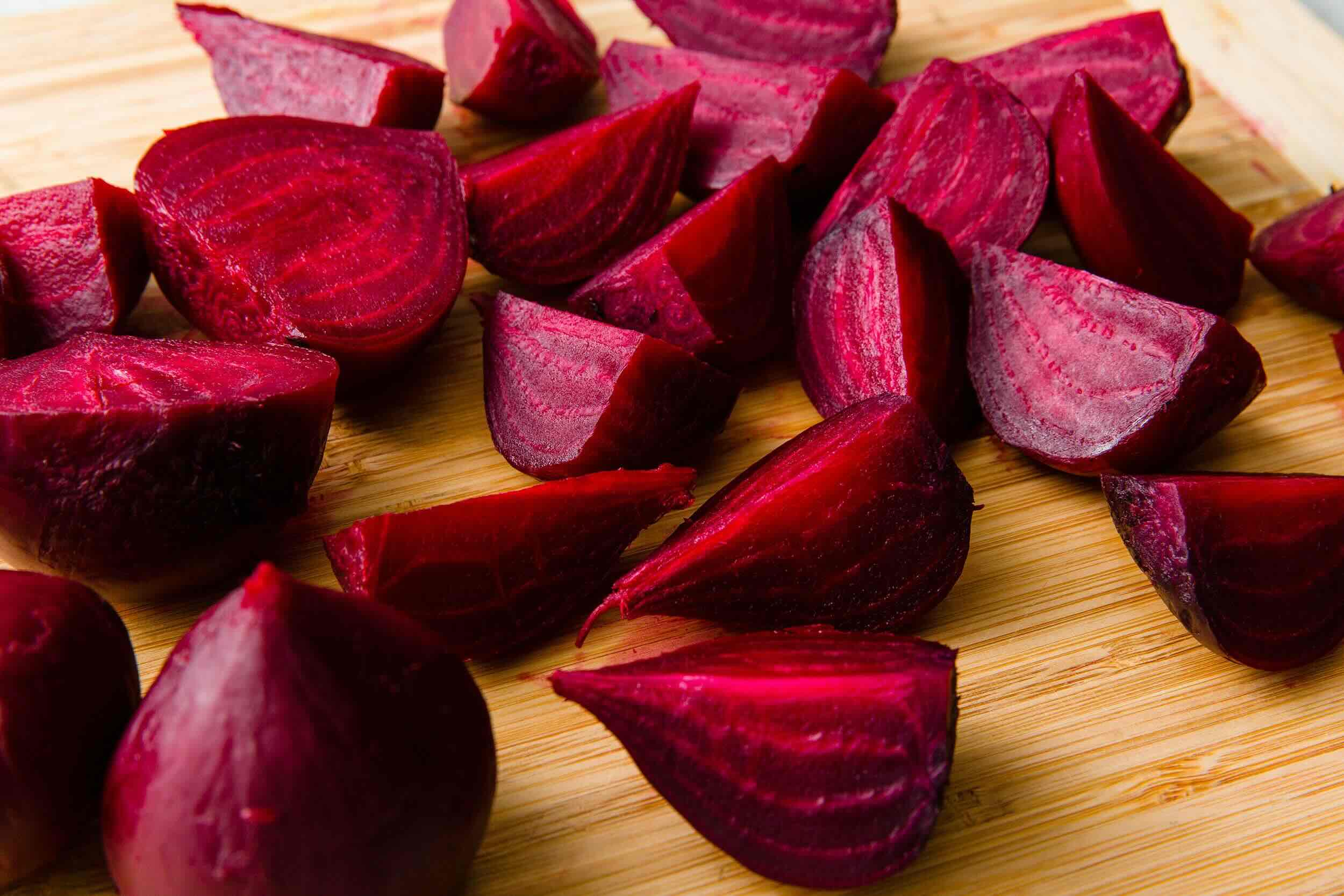
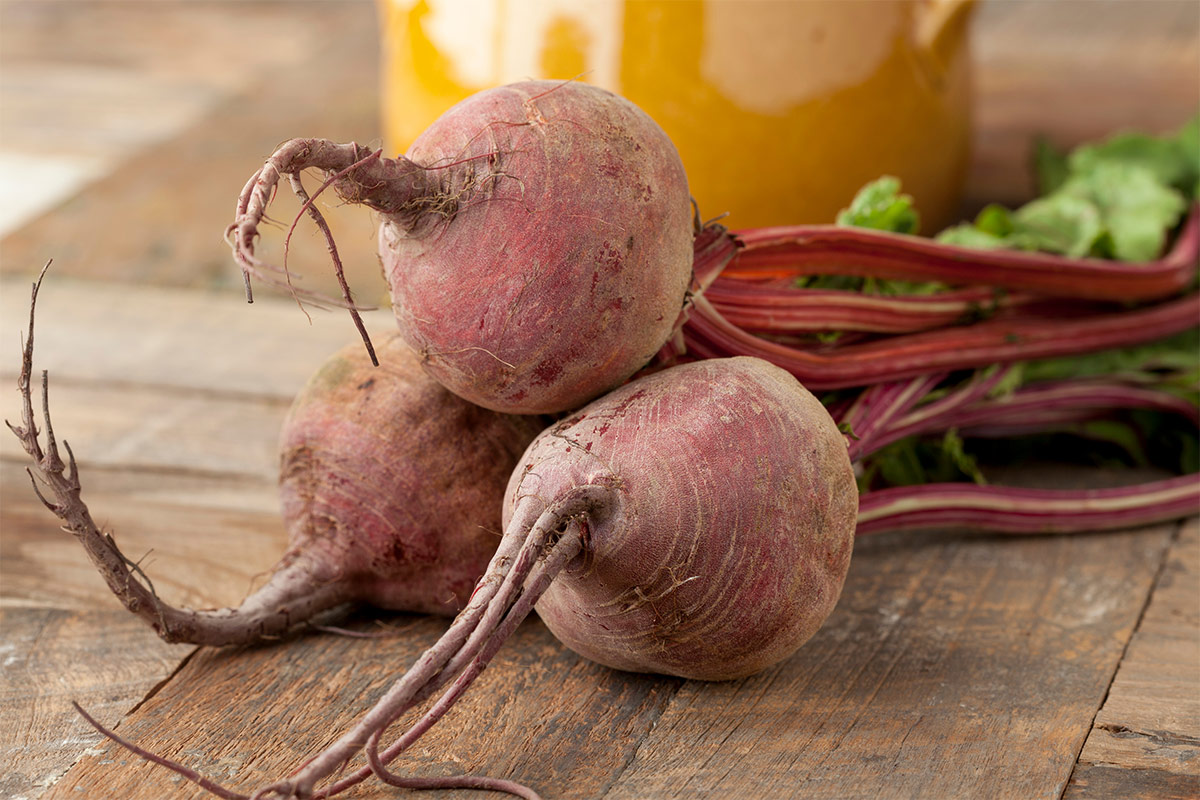
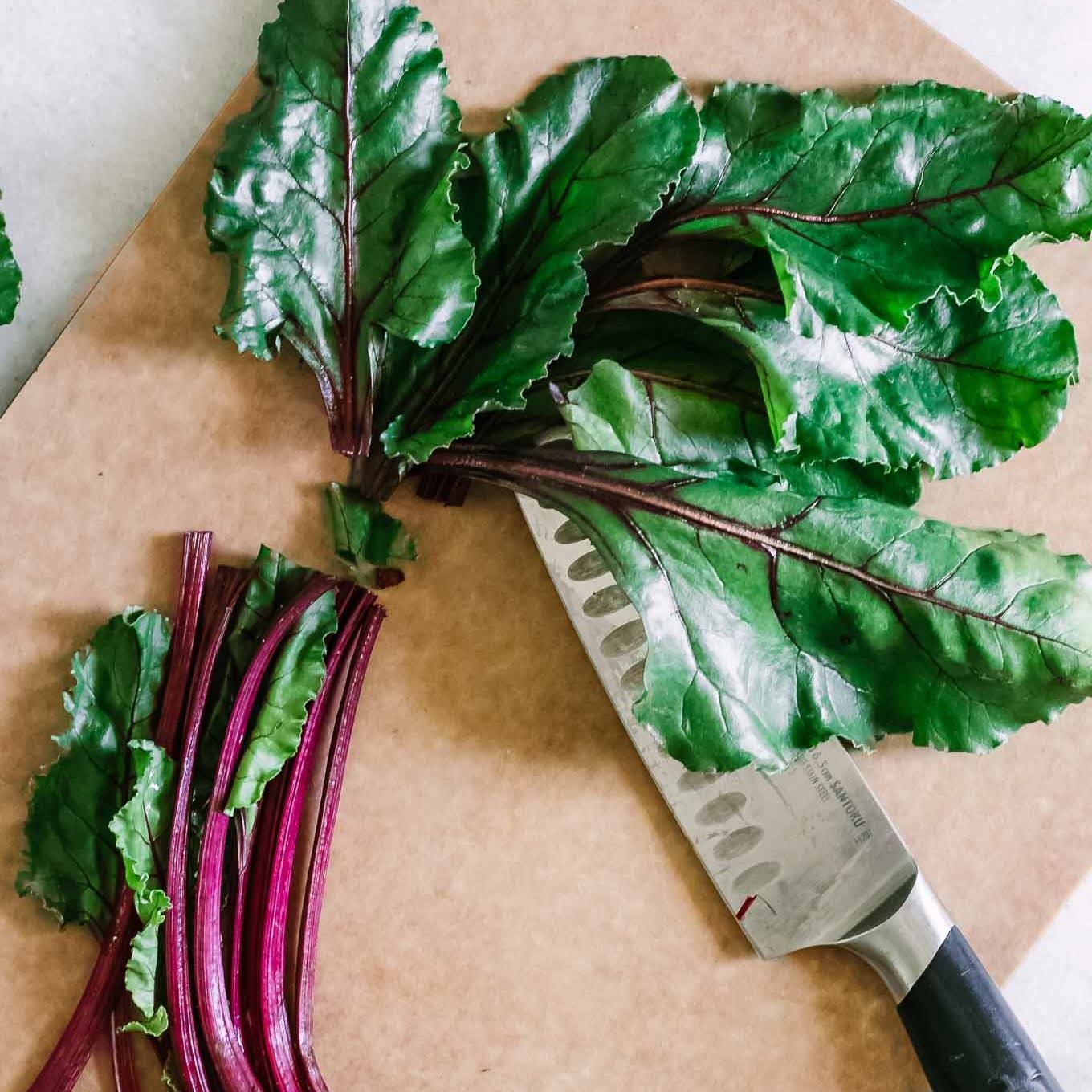

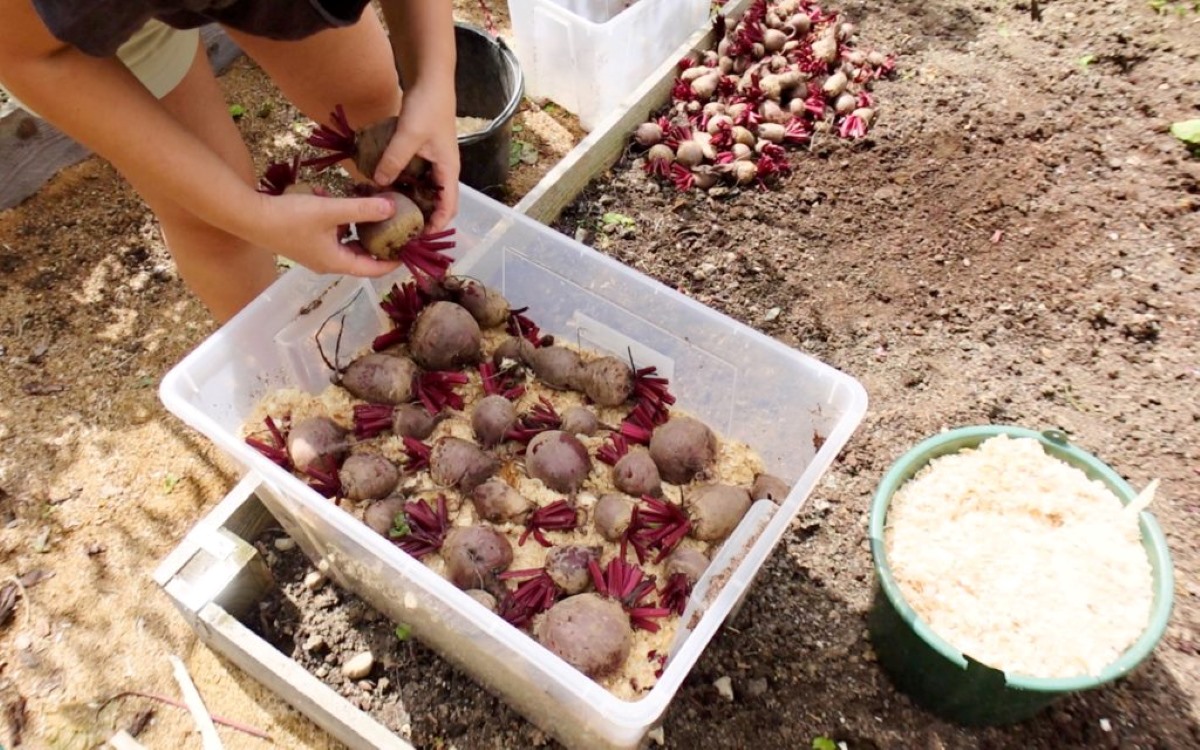
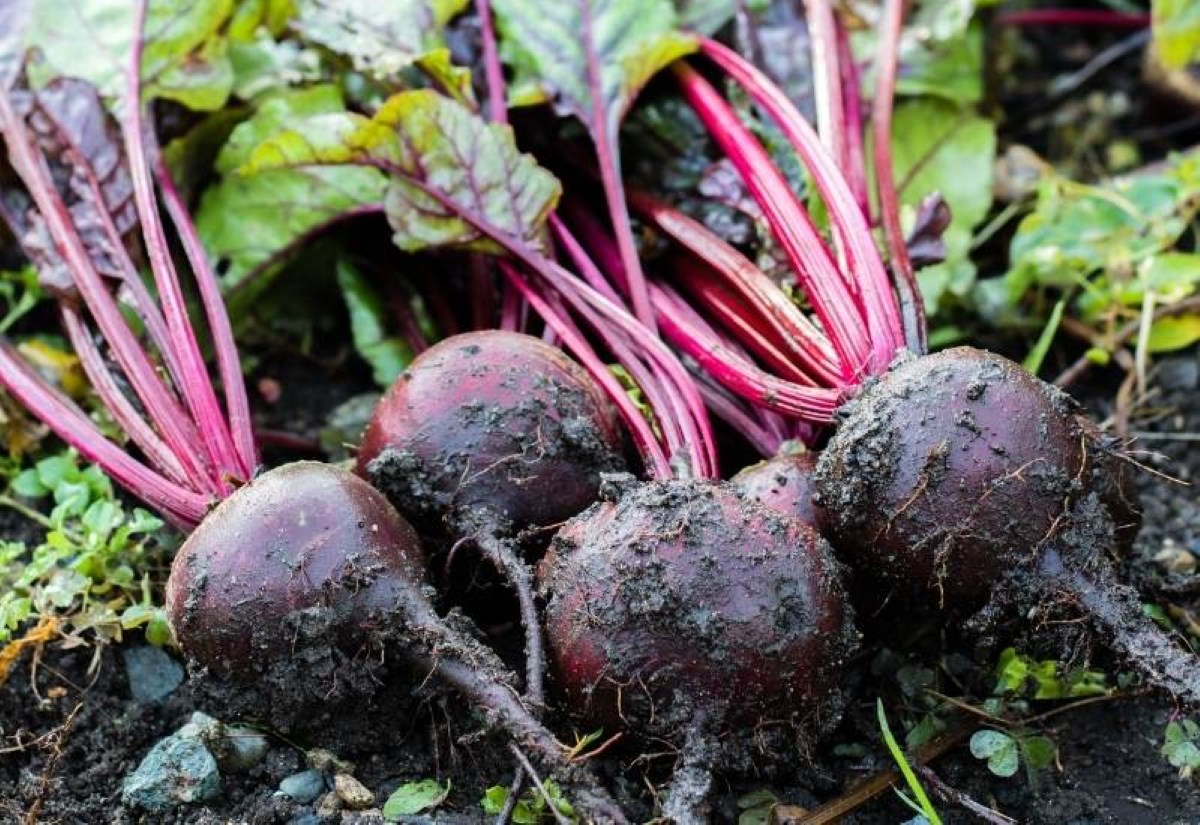
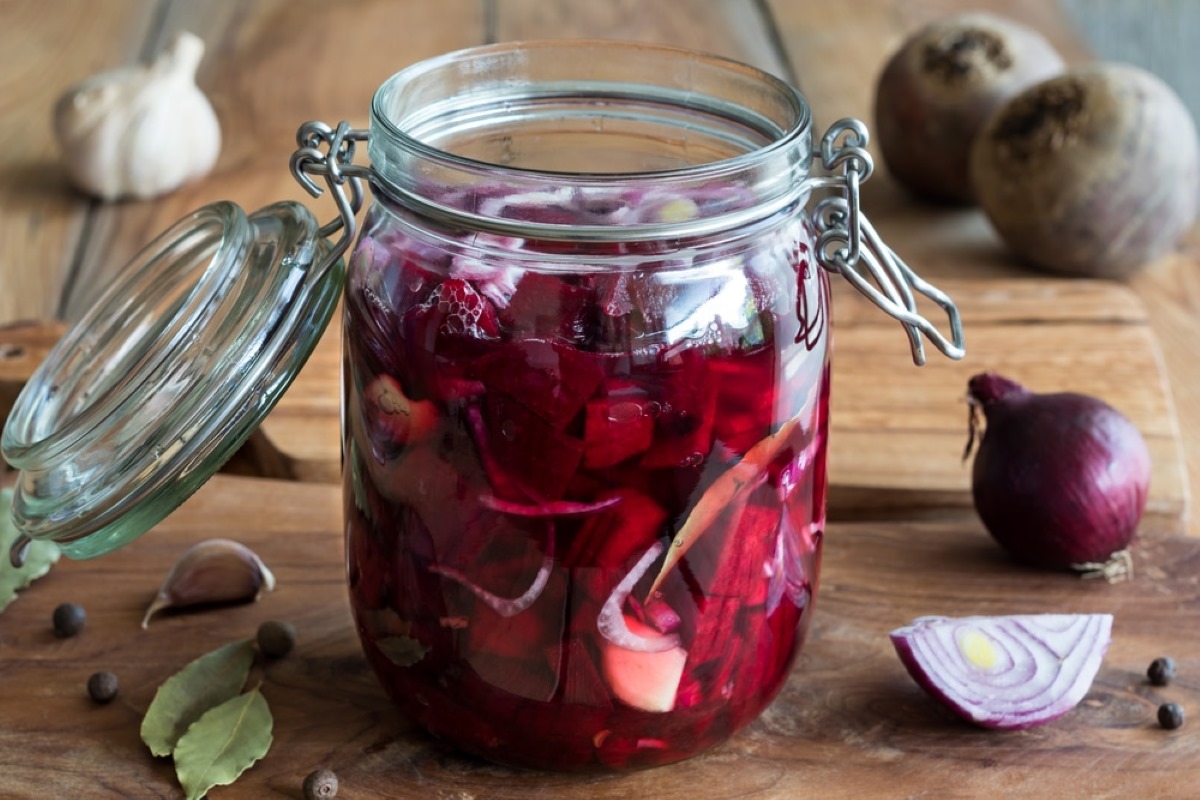
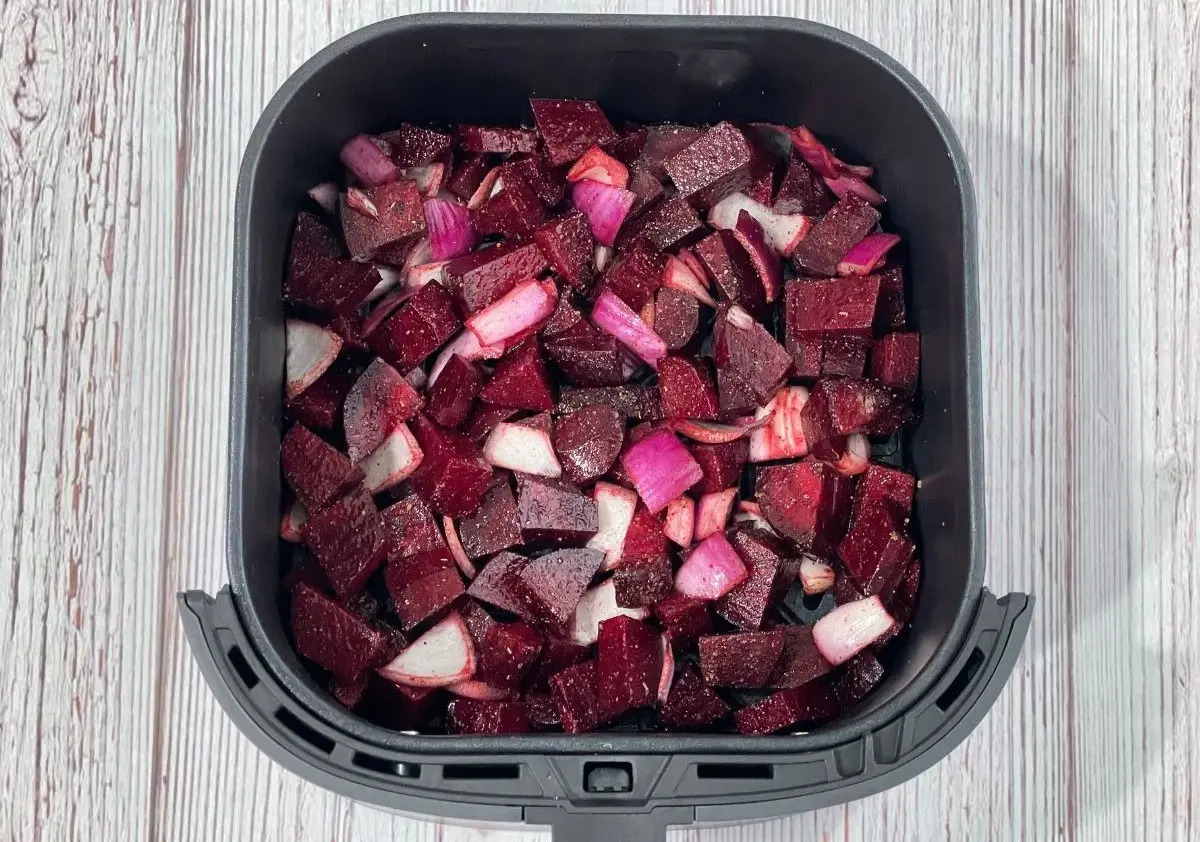
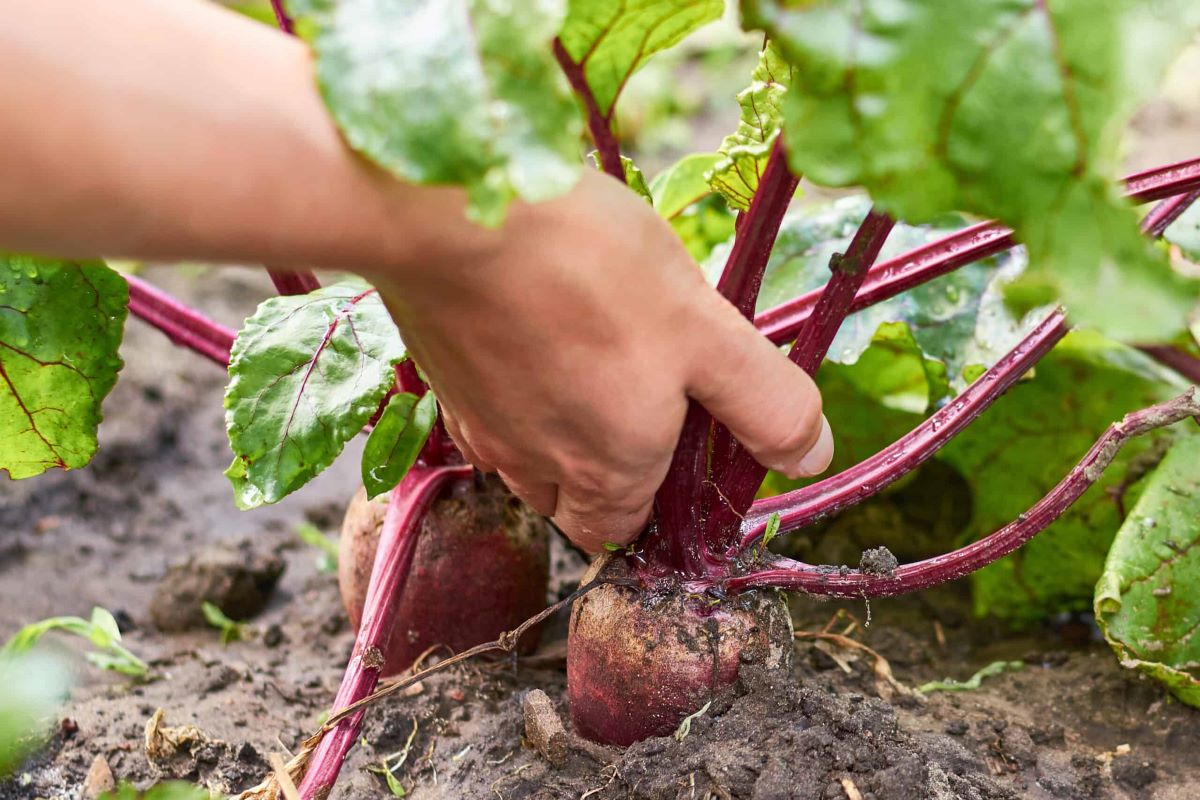
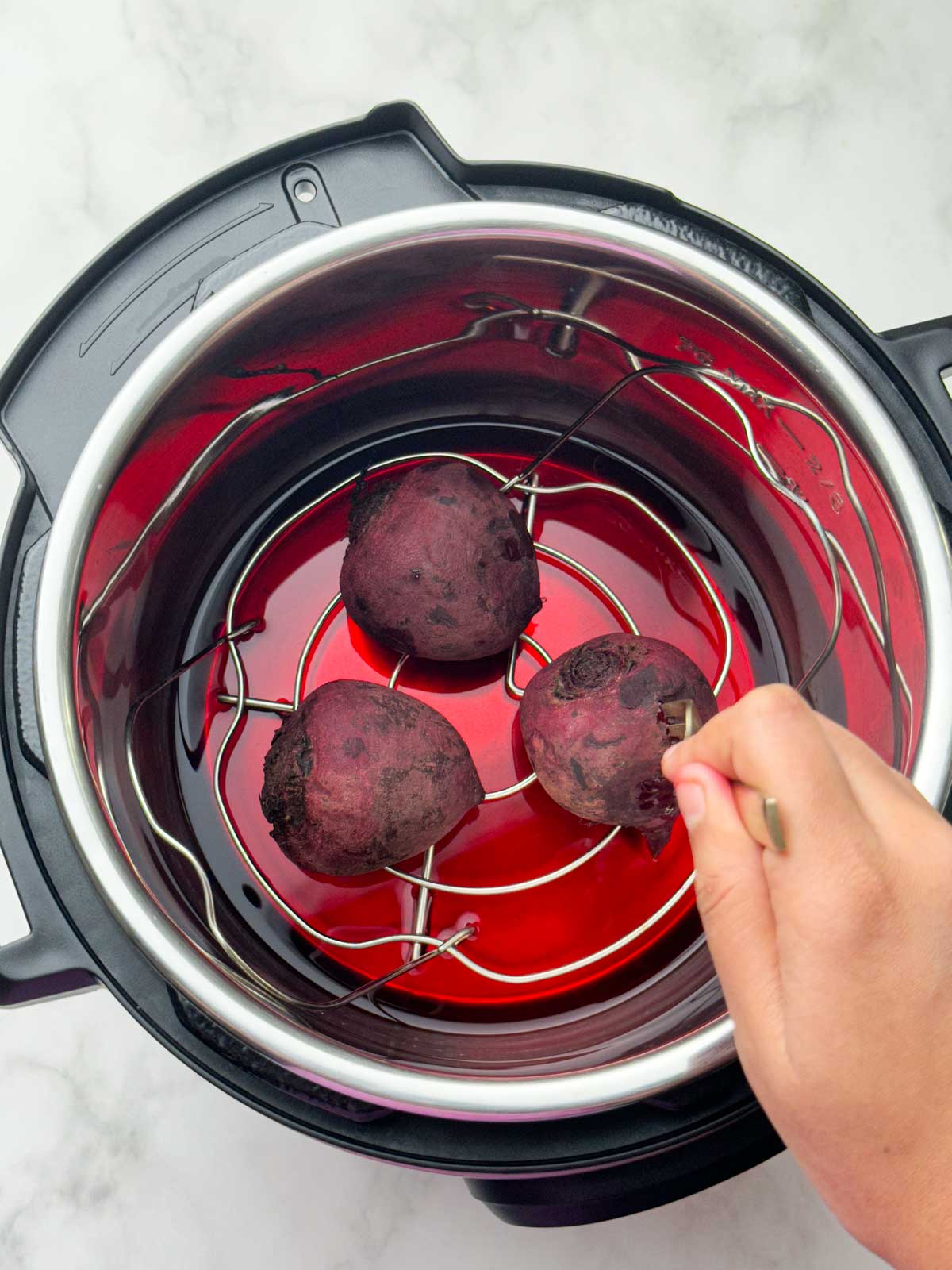
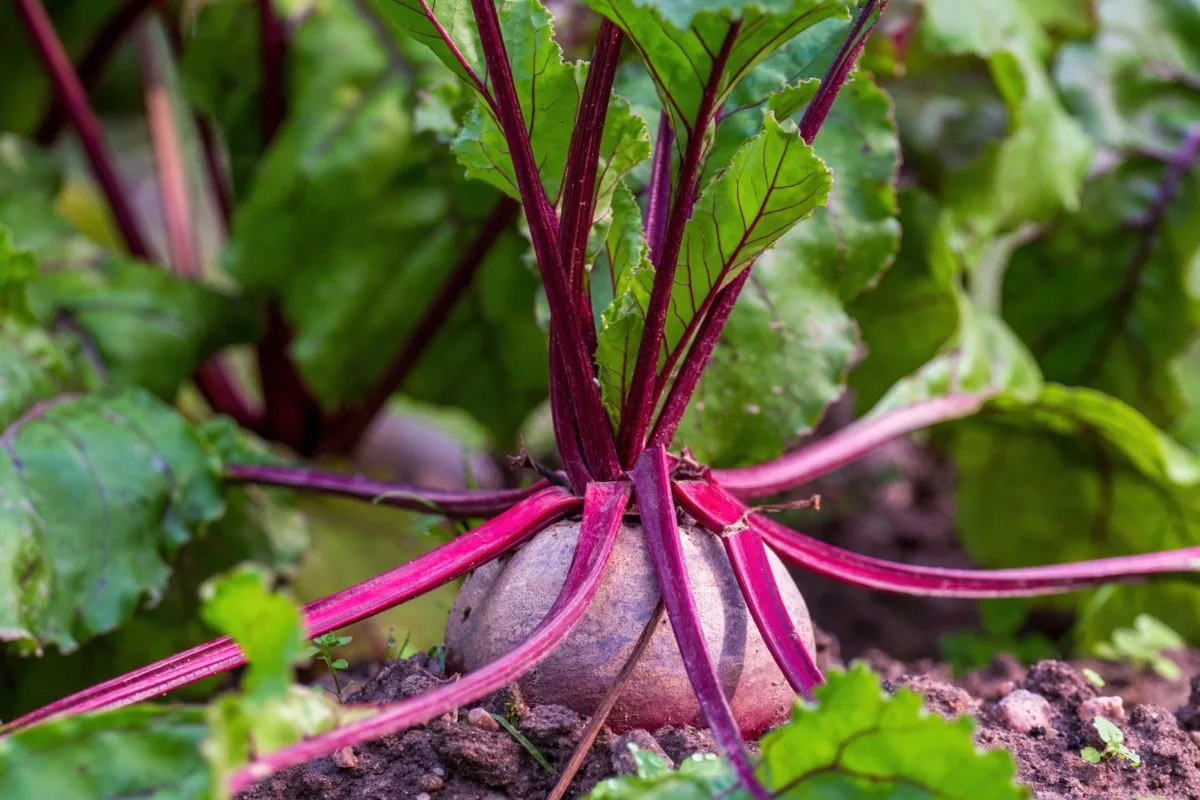
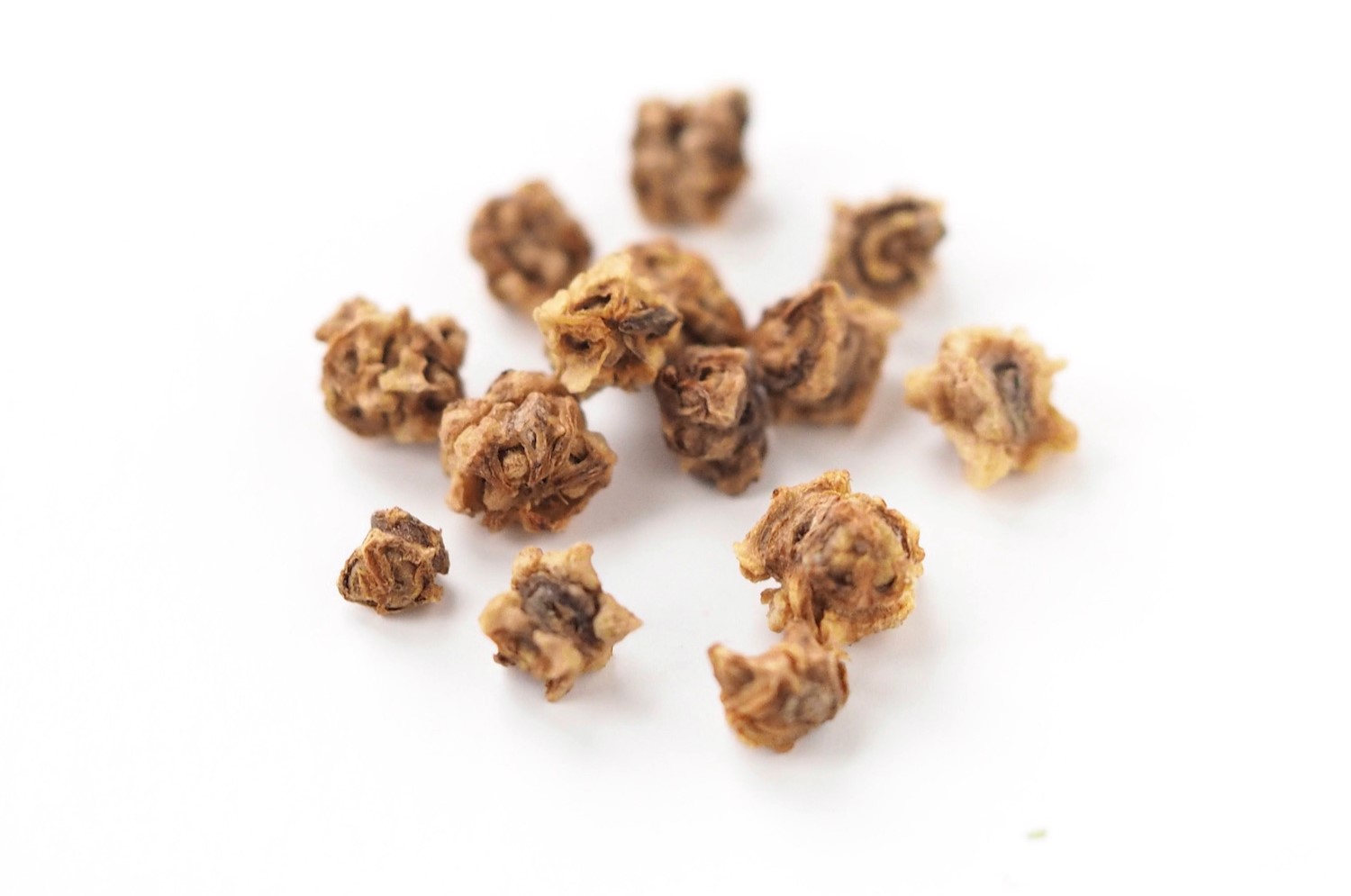
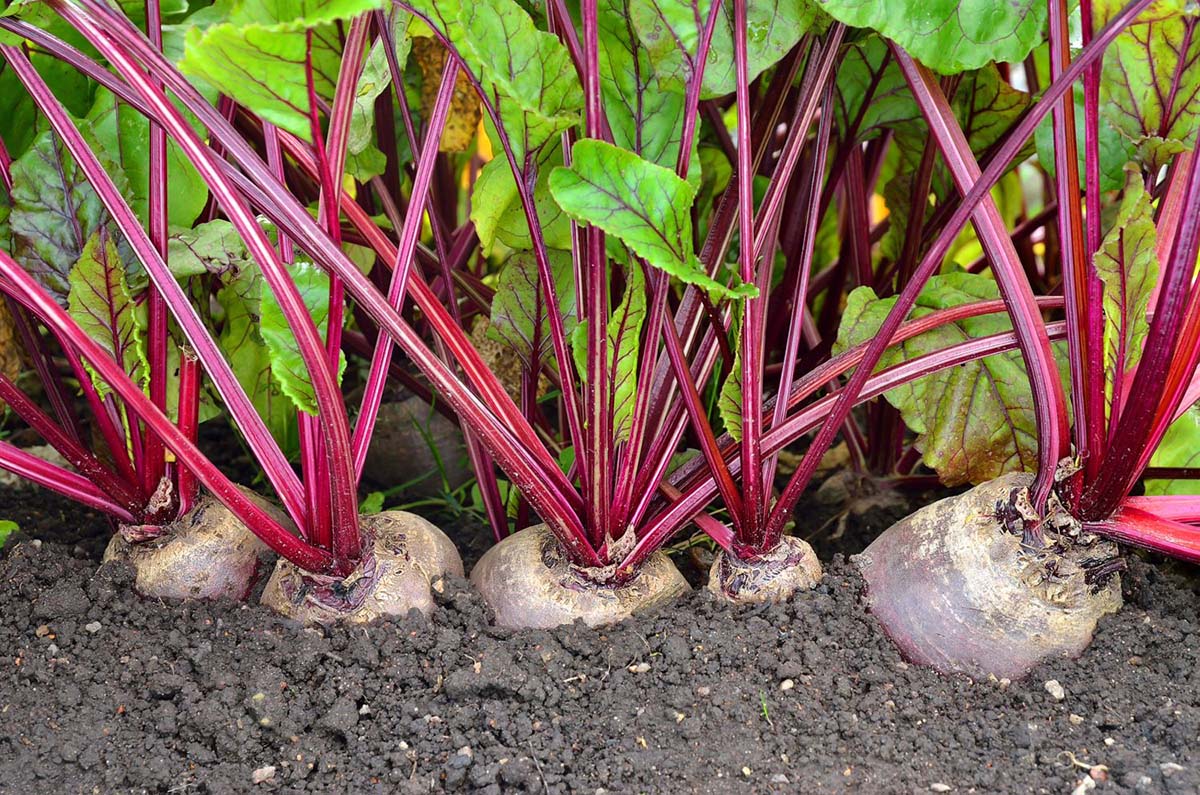

0 thoughts on “How To Store Cooked Beets”